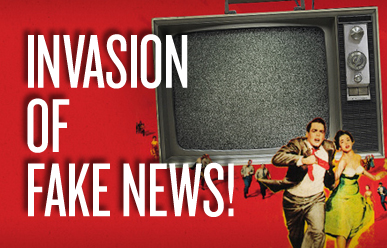You Are a Data Point
Does it disturb you to be thought of as a "data point" or "test subject"? A data point is a discrete unit of information, a single fact usually derived from a measurement or research. A person as a data point can be represented numerically or graphically. That sounds pretty cold.
An article on chronicle.com about Western Governors University (WGU), a nonprofit, online-only institution that enrolls 80,000 students worldwide, talks about how it has enlarged its institutional-research office the past few years and how students are very much data points. Of course, students, as well as employees and customers offer a valuable source of data for researchers.
In an educational setting, this data could be used to improve student outcomes and to make assessments that can lead to improvement in learning design and delivery..
One of the often stated benefits of MOOCs has been the opportunity to use these very large courses to obtain data about how students learn online. Critics of this approach say that learning online in a class of 25 versus a class of several thousand are not comparable experiences. And are there valid comparisons to how students learn online to learning in a face-to-face class? That has been argued for several decades.
WGU is also a competency-based institution. Standardized measurements and goals are how their courses are designed. If not a good thing for a student's education, it certainly is an approach that is great for researchers who can hold certain variables constant while testing tools and interventions to see how they influence students.
No one likes to be thought of as just a number. It reminds me of sci-fi novels and media about the future like 1984 and Brave New World (or the cult favorite TV series, The Prisoner, illustration at top). But we are all very much considered as data points by advertisers and in many modern technologies, social networks and institutions.


